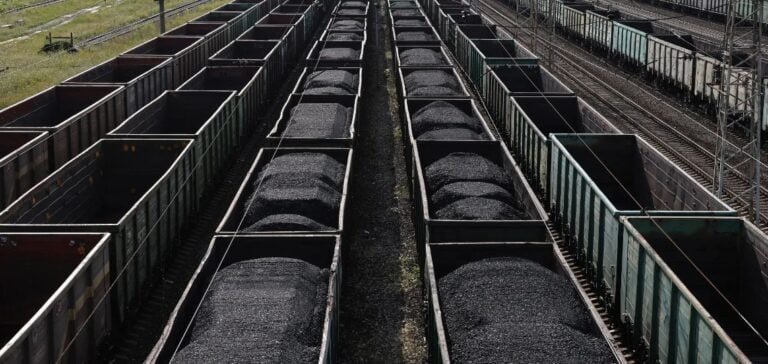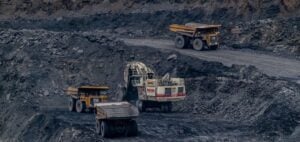Japan’s energy demand has seen a remarkable increase due to an unusually hot summer, driving the country to raise its coal imports to unprecedented levels over the last 20 months. In September, Japan imported 15.90 million tons of coal, marking a 17.35% year-on-year increase, according to the latest data from the Japanese Ministry of Finance.
Temperatures reached record highs across the archipelago with the monthly average exceeding normal by 2.52 degrees Celsius, according to the Japan Meteorological Agency. This persistent heat boosted electricity demand, compelling coal-fired plants to expand their stockpiles to cover cooling needs. Many power generators thus purchased additional cargoes to load in November, betting on increased demand through the end of the year.
Diversification of coal suppliers
While Australia remains Japan’s main coal supplier with 10.5 million tons imported in September—an 18.2% year-on-year increase—Japan has also looked to other countries. Rising Australian coal prices and limited stocks have encouraged Japanese buyers to seek alternatives, including South Africa and Colombia.
According to Japanese customs data, imports from Colombia rose by 143.35% in September, reaching 147,538 tons, while those from South Africa increased by 16.63%, totaling 239,808 tons. These purchases reflect a strategy aimed at diversifying sources of supply to mitigate risks associated with fluctuating prices of Newcastle high-calorific-value coal in Australia.
The impact of sanctions and reduced Russian supply
Increasing restrictions on Russian coal-producing entities and reduced supply from the East Coast have also contributed to this reorientation in Japan’s imports. Imports from Russia fell by 34.2% in September, amounting to 107,970 tons. Meanwhile, Japan imported coal from new suppliers, including Kazakhstan, Peru, and New Zealand—countries that had not previously exported coal to Japan during the same month last year.
JERA, Japan’s largest power producer, has relied on South African coal since this summer, following nuclear power generation falling short of expectations. In September, JERA restarted a 650 MW coal-fired unit at its Yokosuka thermal power plant to reinforce its supply capacity.
Challenges of quality for South African coal
Despite the attractive price of South African coal, Japanese buyers are cautious about its quality consistency. While some South African producers have managed to meet Japan’s high standards, maintaining this quality remains a challenge for the country as it seeks to compete with Australia in this demanding market.
A South African-based trader explained that although Japanese buyers are interested in South African thermal coal, large-scale adoption could require several years of quality control adjustments to fully meet Japanese expectations.
The average FOB Richards Bay price for 5,500 kcal/kg NAR coal stood at $88.60 per ton between January and October, down from $101.07 over the same period the previous year, according to Platts, a Commodity Insights subsidiary.
Preparing for winter and securing supply
With winter approaching, Japan seeks to stabilize its thermal coal supply to meet energy needs while minimizing risks of price and supply volatility. Its strategy of diversifying suppliers by including alternative players aims to secure a reliable and affordable thermal coal supply amidst volatile global coal prices.






















